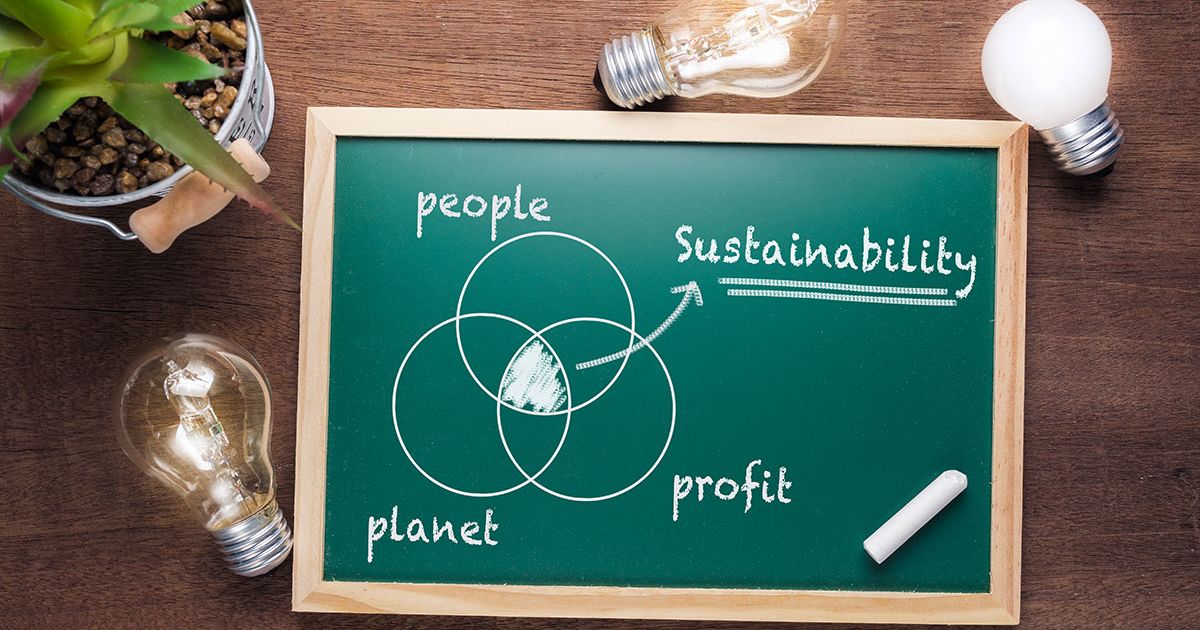In recent years, sustainability has emerged as a critical consideration in procurement strategies across industries. Organizations are increasingly recognizing the importance of integrating Read More
Sustainable procurement goes beyond cost and quality considerations to incorporate environmental stewardship, social responsibility, and ethical sourcing practices. It involves selecting suppliers and products that minimize negative impacts on the environment, promote fair labour practices, and support local communities. By adopting sustainable procurement practices, organizations can enhance their reputation, mitigate risks, and contribute to global sustainability goals. Engaging suppliers in sustainability initiatives is essential for implementing sustainable procurement practices. Organizations can collaborate with suppliers to establish sustainability criteria, conduct audits, and provide training on environmental and social standards. Supplier partnerships built on transparency and shared values are key to achieving sustainable supply chain practices. Conducting lifecycle assessments helps organizations understand the environmental impact of products throughout their lifecycle—from raw material extraction to disposal. By integrating sustainability criteria into product design and procurement decisions, organizations can reduce environmental footprint and promote circular economy principles. Adopting certifications and standards, such as ISO 14001 (Environmental Management Systems) and Fairtrade, ensures that products and suppliers meet recognized sustainability criteria. Certifications provide credibility and assurance of ethical sourcing practices, helping organizations meet regulatory requirements and consumer expectations. Enhancing supply chain transparency and traceability enables organizations to identify and address potential sustainability risks, such as deforestation, labour exploitation, and carbon emissions. Technologies like blockchain can facilitate transparent supply chain management by providing immutable records of product origins and transactions. Patagonia, a renowned outdoor apparel company, has established itself as a leader in sustainable procurement. The company prioritizes sourcing materials from Fair Trade Certified factories, using recycled materials, and promoting supply chain transparency. Patagonia’s commitment to environmental and social responsibility resonates with its environmentally conscious consumer base. IKEA, a global home furnishings retailer, has implemented sustainable procurement practices to reduce its environmental impact. The company sources wood from responsibly managed forests, promotes energy-efficient products, and integrates circular economy principles into its product design and procurement strategies. IKEA’s sustainability efforts align with its goal of becoming climate-positive by 2030. Nestlé, a leading food and beverage company, has adopted sustainable sourcing practices to address environmental and social challenges in its supply chain. The company works closely with farmers and suppliers to promote sustainable agriculture, protect biodiversity, and improve livelihoods in farming communities. Nestlé’s commitment to sustainable procurement supports its long-term business resilience and reputation. Sustainable procurement practices are essential for organizations looking to balance profitability with environmental and social responsibility. By integrating sustainability criteria into procurement strategies, organizations can mitigate risks, enhance brand reputation, and contribute to global sustainability goals. Successful implementation requires supplier engagement, lifecycle assessments, compliance with certifications, and transparency in supply chain management. As demonstrated by companies like Patagonia, IKEA, and Nestlé, sustainable procurement not only benefits the planet but also creates value for businesses and stakeholders alike. Embracing sustainable procurement practices is not just a trend but a strategic imperative for fostering resilience and driving positive impact in today’s interconnected world.The Importance of Sustainable Procurement
Strategies for Implementing Sustainable Procurement
Supplier Engagement and Collaboration
Lifecycle Assessment and Product Design
Certifications and Standards Compliance
Supply Chain Transparency and Traceability
Successful Examples of Sustainable Procurement
Patagonia
IKEA
Nestlé
Wrapping Up

Sustainable Procurement Practices: Balancing Profit And Planet
In recent years, sustainability has emerged as a critical consideration in procurement strategies across industries. Organizations are increasingly recognizing the importance of integrating Read More
